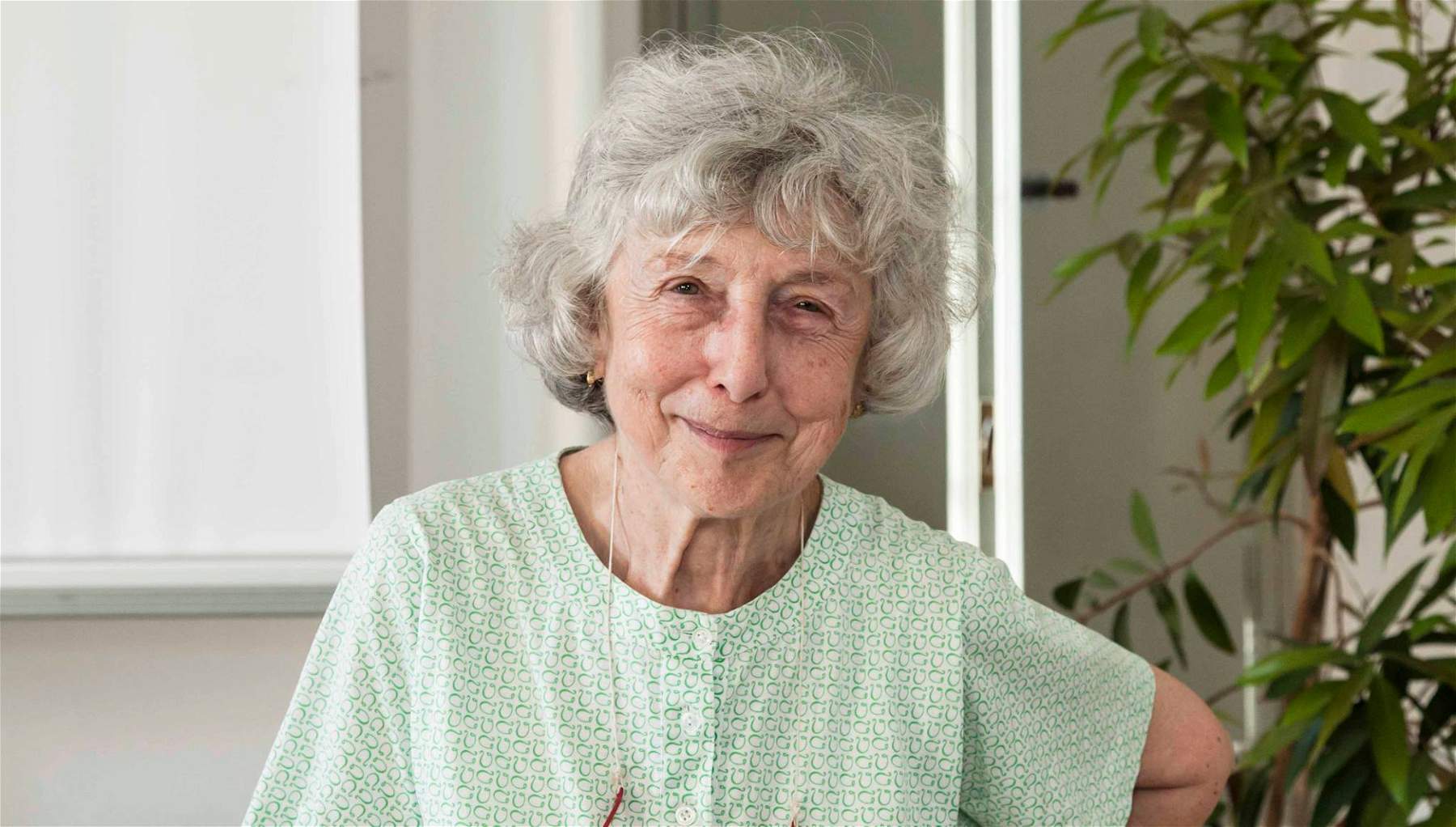Chiara Frugoni left us yesterday: the great medievalist passed away in Pisa at the age of 82 after a long illness. The news was released this morning. Chiara Frugoni leaves behind her husband, Donato Cioli, and two children, Andrea and Marta (her eldest son, Silvano, had passed away in 2019), whom she had from her first husband, Salvatore Settis.
Frugoni was born in Pisa on Feb. 4, 1940, the daughter of medievalist Arsenio Frugoni. She had graduated from Rome’s La Sapienza University in 1964, and it was in the capital that she had begun her research in medieval history. She had then perfected her studies in 1965 at the Scuola Normale Superiore in Pisa, and in 1974 her university career had begun. In 1980 she obtained the chair of Medieval History in Pisa, then in 1988 the transfer to the University of Rome Tor Vergata and in 2000 her resignation.
Frugoni is best known for her studies devoted to the figure of St. Francis of Assisi, of whom she was a leading specialist, despite her avowed atheism. Her studies on the figure of the Assisian saint have since resulted in a series of popular books translated worldwide: Francis and the Invention of the Stigmata (Einaudi, 1993), Life of a Man: Francis of Assisi (Einaudi, 1995), The Stories of St. Francis (Einaudi, 2010), and History of Clare and Francis (Einaudi, 2011). Also important are his contributions to the history of art, with his numerous interventions especially in the field of iconology in medieval works (for the general public he gave to the press in 2010, with Einaudi, the book La voce delle immagini. Iconographic Pills from the Middle Ages).
In the field of art, particular mention should be made of his historical-iconographic research on the frescoes of the basilica of St. Francis in Assisi, resulting in 1996 in an important publication written with Bruno Zanardi and introduced by Federico Zeri, Il cantiere di Giotto. The Stories of St. Francis in Assisi, those on Giotto’s cycle in the Scrovegni Chapel as well as papers on Ambrogio Lorenzetti’s cycle of Good and Bad Government in Siena. Chiara Frugoni was then also known for her studies on daily life in the Middle Ages: particularly successful in this regard were titles such as Living in the Middle Ages. Women, Men and Especially Children (Il Mulino, 2017) or Middle Ages on the Nose. Glasses, Buttons and Other Medieval Inventions (Laterza, 2001), and then again Medieval Women. Sunny, indomitable, adventurous (Il Mulino, 2001). Together with Alessandro Barbero he had published in 1994, for Laterza, the famous Dictionary of the Middle Ages.
 |
| Farewell to medievalist Chiara Frugoni |
Warning: the translation into English of the original Italian article was created using automatic tools. We undertake to review all articles, but we do not guarantee the total absence of inaccuracies in the translation due to the program. You can find the original by clicking on the ITA button. If you find any mistake,please contact us.